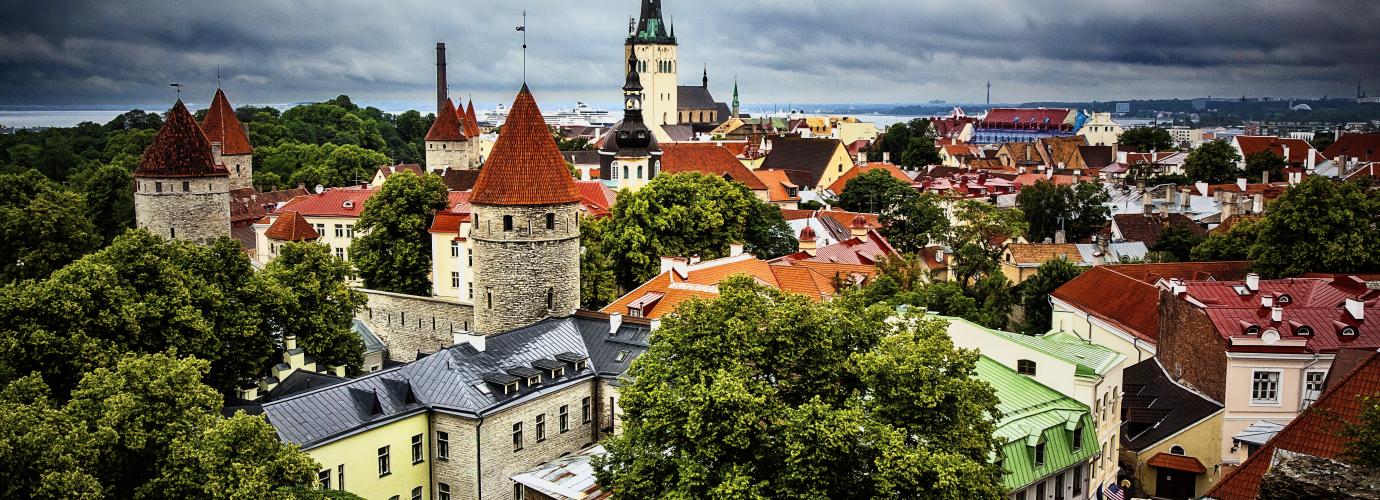The ratio of private education differs according to educational levels. In 2019/2020 academic year, out of 614 preschool child care institutions 58, out of 516 general education schools 57, out of 37 educational institutions offering vocational training 4 and out of 19 higher education institutions 5 are in private ownership. These percentages have remained rather stable in recent years, apart from private universities, the number of which has decreased from ten in 2001 to the current one.
A private school acts as an agency of self-employed entrepreneurs and legal persons in private law and is governed by the Private Schools Act. An undertaking shall hold an activity licence which entitles the undertaking to provide instruction on the basis of the curriculum specified in the activity licence, within the limits of the level of education and in the administrative territory of the local authority.
The management bodies of the private school are the school board and the head of the school, those of an institution of higher education and the university, the council and the rector. The board shall comprise the head of the school, representatives of the teachers who make up at least one-fifth of the membership of the board and representatives of the owner of the private educational institution. Also, parents, students and other people referred to in the statute of the private educational institution may be members of the board. To include parents is obligatory for a board of preschool child care institutions and schools where parents must form one fifth of the composition of the board. A board of upper secondary schools, vocational schools and institutions of higher education and universities shall obligatorily include students. Students must form one fifth of the composition of the board.
The head shall manage a private school and adhere to the lawful orders of the manager of a private school and the board of the private school. The head of the school is responsible for the general state and development of the private school and for the efficient and practical use of financial resources.
Curricula of private preschool child care institutions, basic schools, upper secondary schools and vocational schools must comply with the corresponding national curriculum: the national curriculum for preschool child care institutions, the national curriculum for basic schools and the national curriculum for upper secondary schools or the national curriculum for vocations and professions and the vocational education standard. Curricula of private universities and private institutions of professional higher education shall comply with the higher education standard.
The owner of a private school will have a separate budget for the private school and it will be kept apart from the accounts of other agencies and undertakings of the owner.
The expenses of a private school shall be covered by the private school and, in certain cases, support is allocated from the local government or state budget. The salaries of teachers employed in a pre-school child care institution on the basis of a national curriculum for pre-school child care institutions and the costs of acquiring teaching aids may be covered from the rural municipality or city budget. Support from the state budget is allocated to private general education institutions to cover labour expenses and in-service expenses of teachers and heads, and expenses of teaching and learning materials, boarding school places and school lunch of students. The study costs of private vocational educational institutions and private higher education institutions shall be financed from the state budget within the limits of student places created on the basis of state-commissioned education.
Payment for the studies conducted in a private school is performed according to the procedures and on the grounds established by the private school. The size of tuition fees is determined by the owner of the private school and it is not changed during an academic year. Tuition fees can be raised by up to 10% between academic years if the contract between a student and the private school does not establish otherwise.
State supervision over the teaching and education of a private school is conducted according to the same principles that apply to municipal educational institutions and public universities. If the headmaster or owner of a private school does not agree with the precepts made by the state supervision institution, he or she has the right to dispute the precepts in the Ministry of Education and Research within one month.

